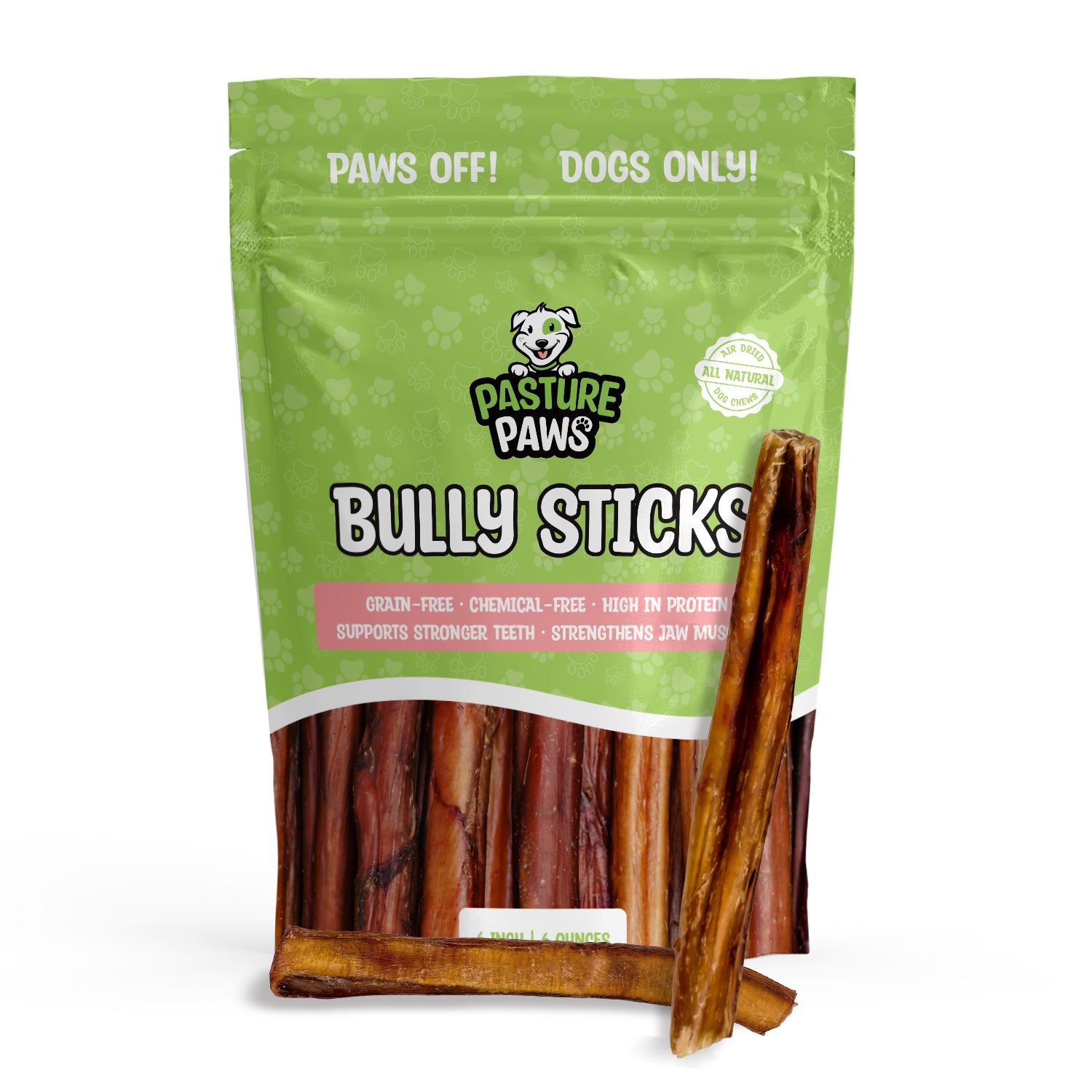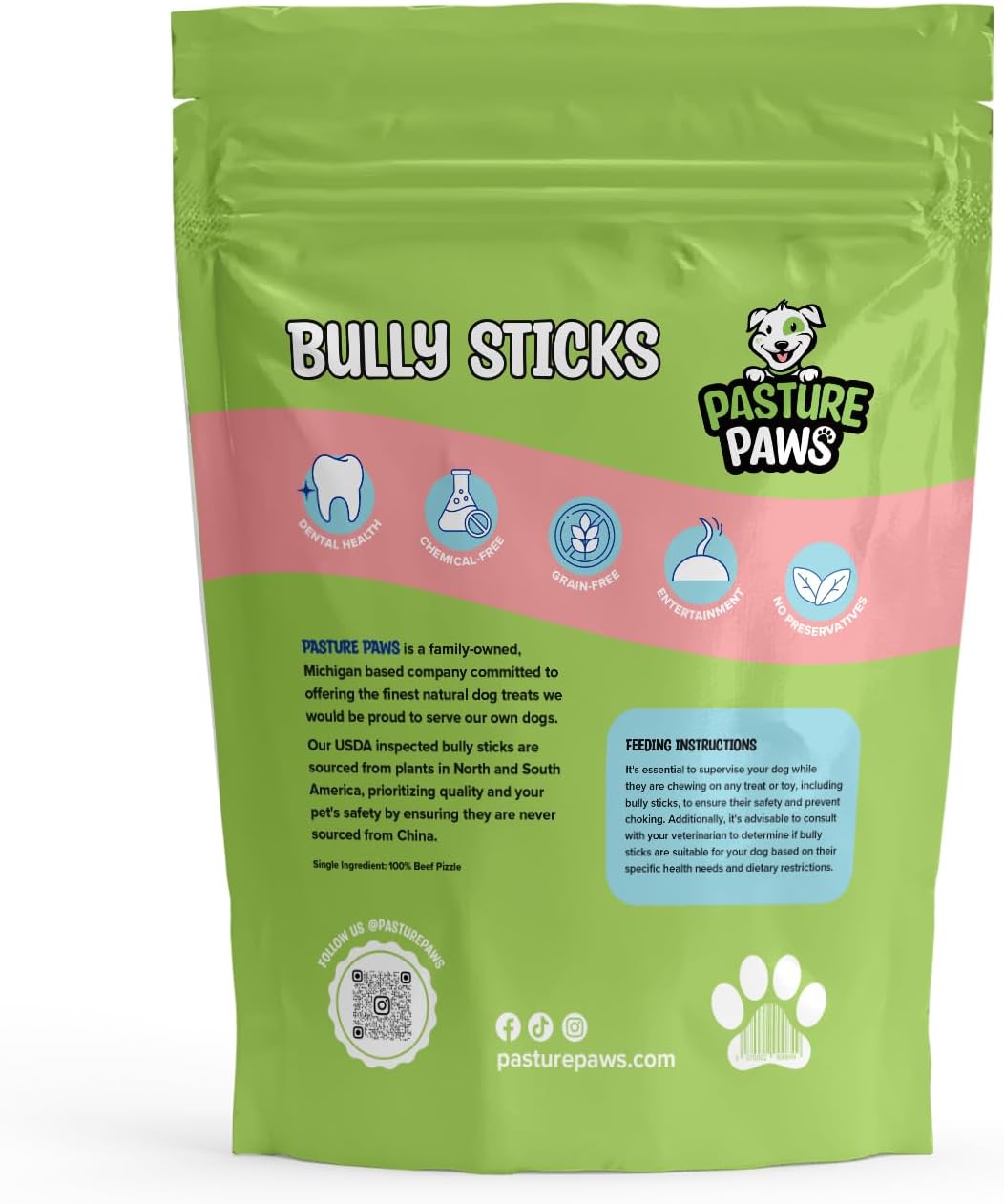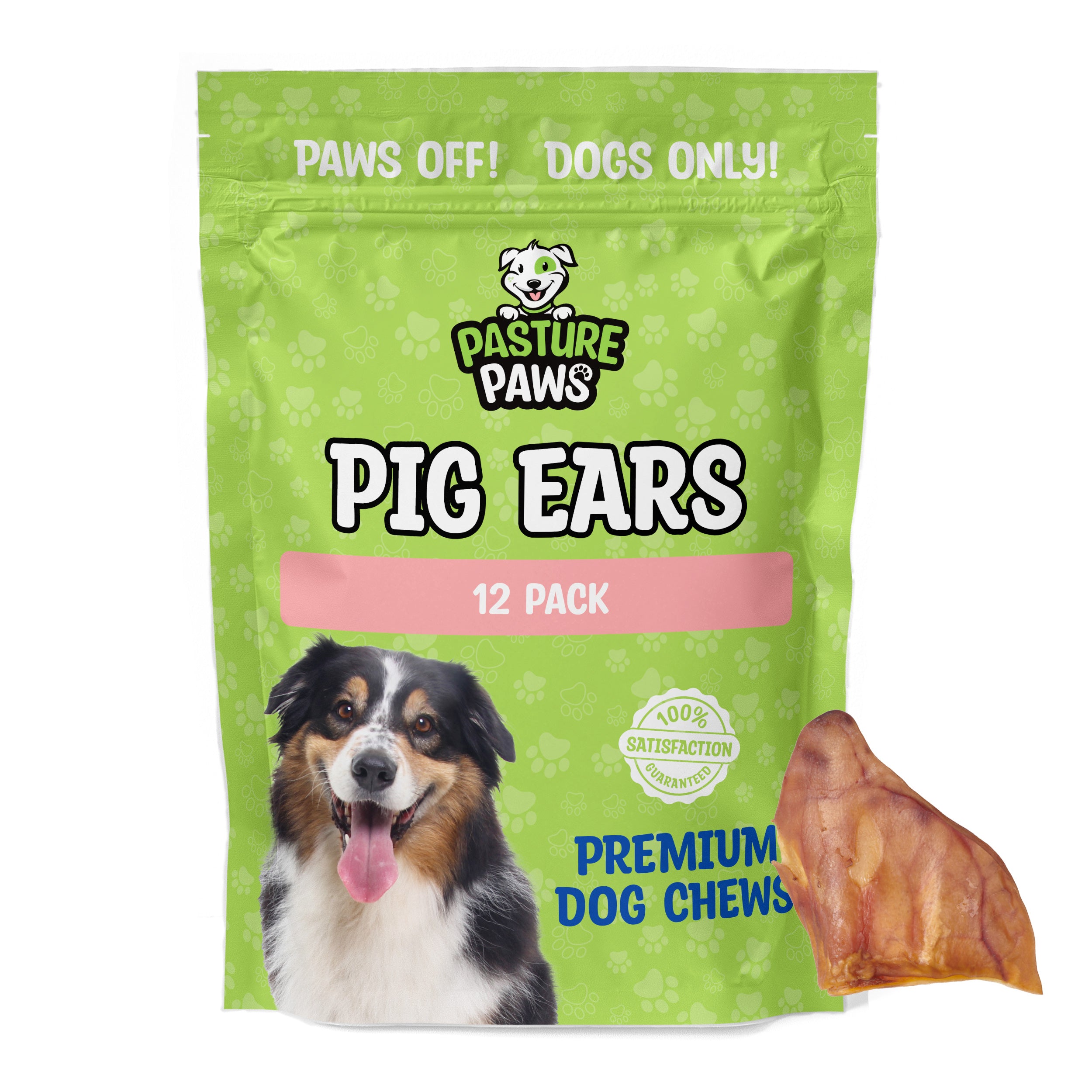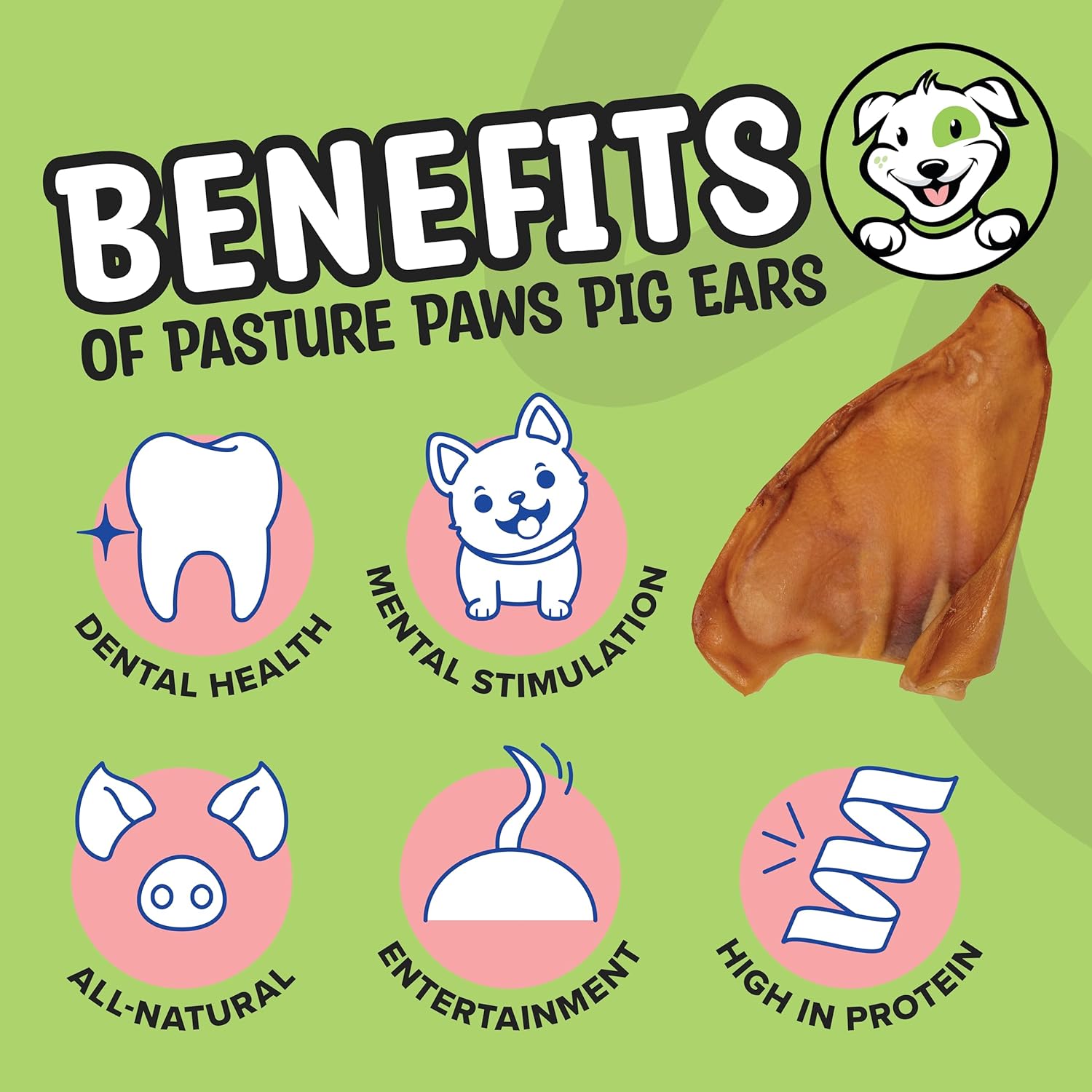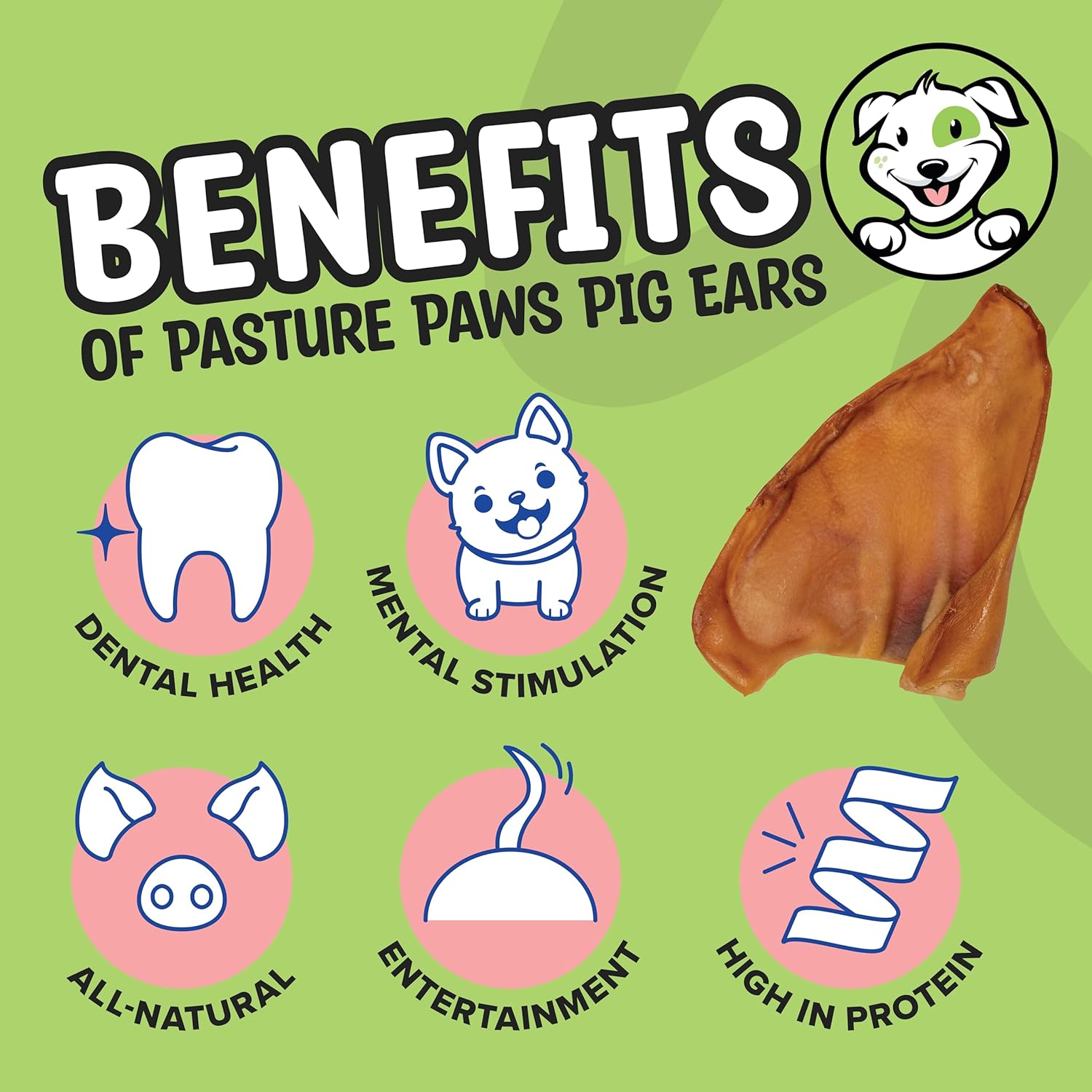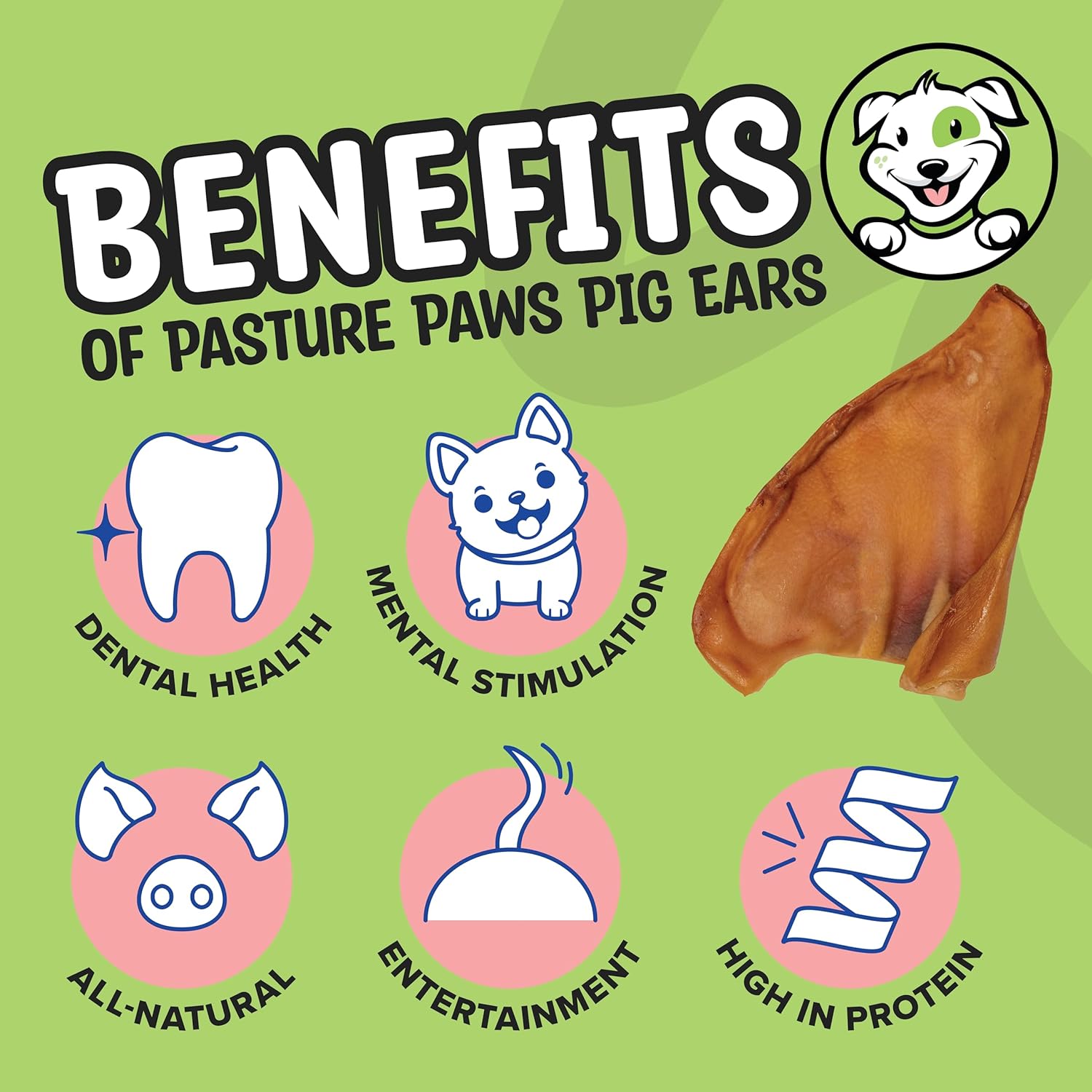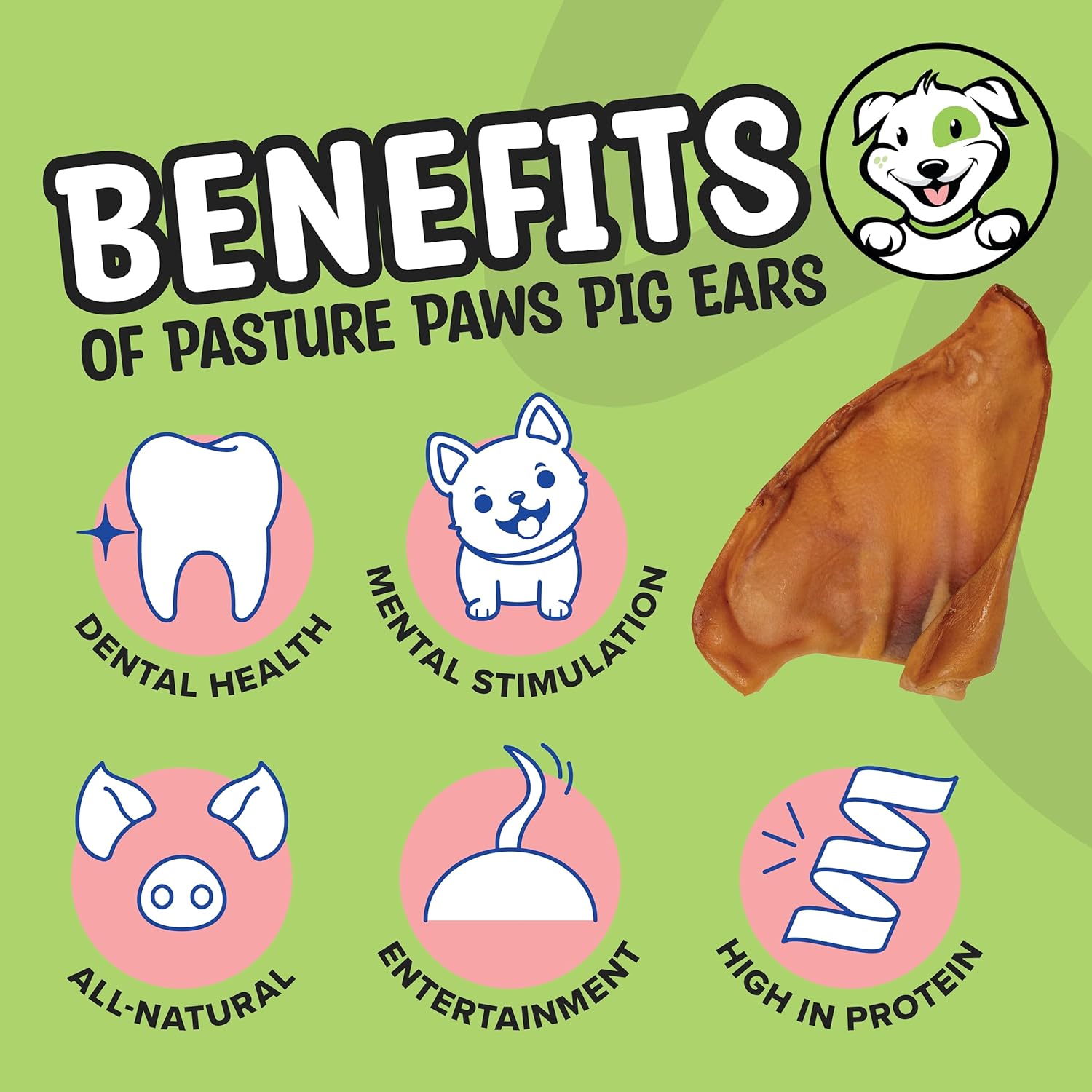If your dog has food allergies, finding the right treats can feel like a puzzle, right?
Hypoallergenic dog treats are here to make life easier (and tastier) for your furry friend. With limited ingredients and no common allergens, these treats are perfect for dogs with sensitive tummies.
Look for treats made from unique proteins and grain-free recipes. Not only will you be keeping your pup healthy, but you’ll also be treating them to something delicious they can enjoy worry-free.
By choosing hypoallergenic treats, you’re not just satisfying their cravings—you’re supporting their well-being. So, feel good knowing you’re picking snacks made with your pet in mind!
To make things even easier, we've put together simple steps on how to choose the right dog treats for your beloved pup. Ready to give your dog the treat they deserve? Let’s get started!
Understanding Canine Food Allergies

Canine food allergies can cause various health problems for dogs.
Knowing common allergens helps you identify what might cause an allergic reaction in your pet.
Here are some common allergens found in dog treats.
Identifying Common Allergens in Dog Treats
Many dogs have food allergies or sensitivities. It's crucial to recognize which ingredients can trigger these issues.
Common allergens include:
-
Wheat: Often found in many dog treats, wheat can lead to allergic reactions like itchy skin or digestive problems.
-
Corn: This ingredient can cause inflammation and other allergic symptoms.
-
Dairy Products: Some dogs can't digest lactose, leading to vomiting and diarrhea.
-
Soybeans: This is another common allergen that can affect your pet’s immune system.
-
Preservatives and Artificial Colors: Chemical additives may cause allergic reactions as well.
Symptoms of allergies: You might notice signs such as itching, scratching, ear infections, or digestive problems.
If your dog shows these symptoms after eating certain treats, consider switching to hypoallergenic options.
Benefits of Hypoallergenic Dog Treats

Hypoallergenic dog treats provide many advantages for dogs with specific dietary needs.
These treats often promote better health, support skin and coat condition, and improve overall wellness.
Promoting Digestive Health
Hypoallergenic dog treats are designed for dogs with sensitive stomachs.
They often include grain-free ingredients that reduce the chances of digestive problems, gas, and bloating.
Many treats also contain fiber which aids digestion and promotes regular bowel movements.
Additionally, some treats include probiotics.
Probiotics help balance good bacteria in your dog's gut. A healthy gut supports better nutrient absorption, keeping your dog more energetic and active.
Overall, these benefits lead to improved digestive health in your pet.
Improving Skin and Coat Condition
Your dog's skin and coat can greatly benefit from hypoallergenic treats.
These treats often include essential omega-3 and omega-6 fatty acids.
These nutrients help reduce itchy skin and prevent skin irritations.
Certain hypoallergenic treats also contain antioxidants and vitamins that support skin health.
For instance, treats rich in vitamin E can improve hydration and appearance of the fur.
Regularly giving your dog these treats can lead to a healthier coat that shines and feels soft.
Supporting Overall Wellness
Hypoallergenic treats support your dog's overall health.
Many of these treats contain joint-supporting supplements that promote mobility, especially in older dogs.
Ingredients like omega fatty acids can help maintain healthy joints and reduce inflammation.
Moreover, these treats often support your dog's immune system.
Nutrients found in hypoallergenic treats provide protection against illnesses.
By choosing these treats, you are investing in your dog's health and quality of life, ensuring they feel their best.
What Are the Best Hypoallergenic Dog Treats for Your Pet?

Choosing the right hypoallergenic dog treats involves understanding your pet's specific dietary needs, evaluating the quality of the ingredients, and considering treats that promote happiness and engagement.
Here are the key aspects to help you make the best choice.
Assessing Your Dog's Dietary Needs
Start by identifying any food allergies or sensitivities your dog may have.
Common allergens include beef, chicken, dairy, and wheat.
If your dog shows signs of digestive issues or skin irritations, consider an elimination diet to pinpoint these triggers.
A hypoallergenic diet often includes limited ingredients.
These treats focus on natural ingredients, avoiding common allergens.
Look for options that emphasize single protein sources and no additives.
This can improve your dog's health and overall well-being.
Evaluating Treat Quality and Ingredients
When choosing treats, prioritize those that are low in calories and made from high-quality ingredients.
Treats and Supplies for Dog Happiness and Engagement
Keeping your dog happy and engaged is essential.
Consider interactive treats or dog chews that provide mental stimulation.
Look for treats that are not only good for their health but also fun for them to chew on.
Invest in toys that pair well with treats.
For example, treat-dispensing toys can keep your dog busy and help them bond with you during playtime.
This combination of fun and reward enhances your dog's experience and overall happiness.
How Do You Select Hypoallergenic Dog Treats for Sensitive Dogs?

Choosing the right hypoallergenic dog treats for your pet is important.
You need to consider the ingredients and nutritional requirements carefully.
Here are three main types of options available.
Commercial Hypoallergenic Treats
When selecting commercial hypoallergenic treats, look for limited-ingredient options.
These treats often contain fewer ingredients, reducing the chance of triggering food allergies.
Pasturepaws is a popular choice, known for its simple formulas that steer clear of common allergens.
Check for labels that specify grain-free or gluten-free options if your dog has sensitivities.
You can also consider treats made from single proteins, like turkey or duck. The fewer ingredients in the treat, the easier it is to identify potential allergens.
Specialized Treats for Specific Conditions
Key Ingredients in Hypoallergenic Dog Treats

When choosing hypoallergenic dog treats, focus on safe proteins, nutrient-rich carbohydrates, and minimal additives. This ensures your dog gets the nutrition they need without unwanted allergens.
Selecting Safe Proteins and Carbohydrates
The right protein is vital for your dog’s diet.
Consider using hydrolyzed proteins which break down into smaller pieces. This makes it less likely for your dog’s immune system to react.
Common protein sources include duck, venison, and rabbit. These are less likely to trigger allergies compared to more common meats like beef or chicken.
Following proteins, the carbohydrate source should also be safe.
Look for limited ingredients like oats or pumpkin. These ingredients are easy to digest and provide energy without causing digestive issues.
The Role of Fruits and Vegetables
Fruits and vegetables add variety and nutrition.
Blueberries and carrots are great examples. They are high in fiber and vitamins that support your dog’s health.
Carrots are not only nutritious but also great for their teeth.
Incorporating pumpkin is another excellent choice. It aids digestion and is packed with nutrients.
Focus on options that are natural and avoid any added sugars. This keeps the treats healthy and enjoyable for your pet.
Understanding Additives and Preservatives
Be cautious about additives and preservatives.
No additives means your dog is not exposed to potential allergens or harmful chemicals.
Always check the label for any unnecessary ingredients.
Opt for treats that keep it simple.
Look for products that clearly state they are free from synthetic additives.
This ensures that your dog’s snacks are tasty and healthy.
You want the treats to be as natural as possible, keeping your dog safe and satisfied.
Conclusion
Choosing the right treats for dogs with food allergies is crucial for their health and happiness. Hypoallergenic treats, designed with limited ingredients and free from common allergens like wheat, corn, dairy, soybeans, and chemical additives, provide a safe and tasty option for sensitive dogs. These treats offer benefits such as improved digestive health, enhanced skin and coat condition, and overall wellness.
When selecting treats, consider your dog's specific dietary needs and opt for high-quality options that promote happiness and engagement. Explore our premium natural dog chews, free from adhesives and allergens, to give your pet a delicious and healthy treat that supports their overall well-being.
Frequently Asked Questions
Can hypoallergenic treats help with skin conditions in dogs?
Yes, hypoallergenic treats can help alleviate skin conditions caused by allergies. They provide a more suitable diet that can improve skin health.
Can hypoallergenic treats help with digestive issues?
Yes, hypoallergenic treats can be beneficial for dogs with digestive sensitivities by providing easily digestible ingredients and avoiding irritants.
Are there any side effects of hypoallergenic treats?
Hypoallergenic treats are generally safe. However, if your dog experiences any adverse reactions, discontinue use and consult your vet.
Are hypoallergenic treats suitable for all breeds?
Yes, hypoallergenic treats are suitable for all breeds, especially those with known allergies or sensitivities.
